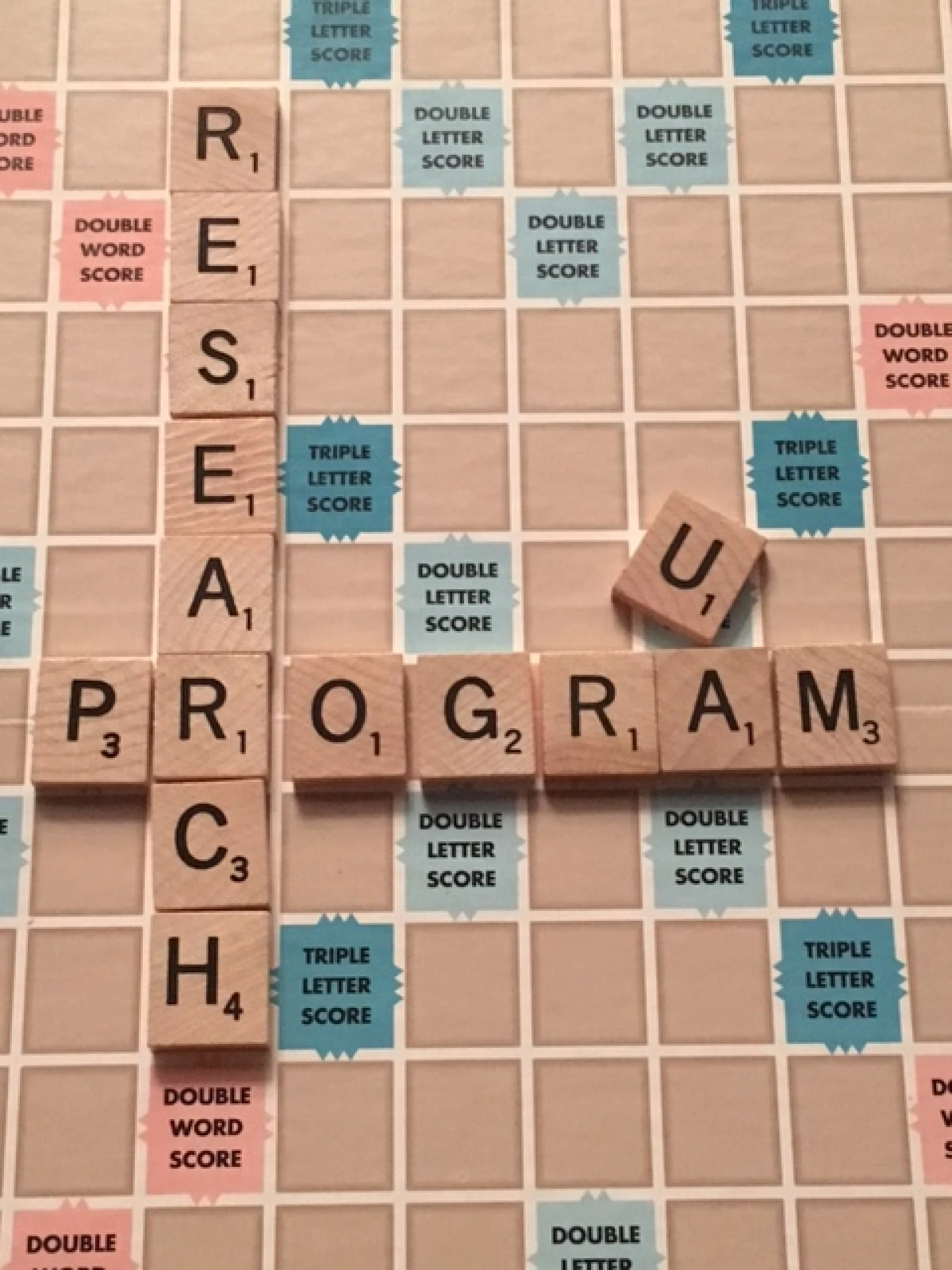Some pronunciation shifts are squarely on my radar. For example, I feel like I am hearing more and more people pronounce the noun program with a schwa in the second syllable. For me, the second syllable sounds like “gram”; for these other speakers, it sounds like “grum.” Both the Merriam-Webster online dictionary and the online American Heritage Dictionary provide the schwa-ful “grum” pronunciation as a second variant for the word program, but the Oxford English Dictionary online has yet to include it (that entry was last updated in 2007).
Last week in class, another pronunciation issue was brought to my attention. I had just said something about the research that scholars in American dialectology have been pursuing. A student in the course raised her hand and said something along these lines: “You just said research with the stress on the second syllable. I had never heard that pronunciation until I came here. Is that an academic thing, to put the stress there?”
Her question brought me up short. Was I using some kind of in-group academic pronunciation I hadn’t been aware of? I had never thought about this word’s pronunciation or thought that I was doing anything unusual. I turned to the full class of 54 students and asked how they pronounced the word. Did they put the stress on the first syllable? It appeared to be about 54-1, with me being the 1. Although I am more like a .5 because it has become clear to me that I can and do say the word research with the stress on either syllable, both when it is a noun and a verb.
When it comes to the noun researcher, the stress is always on the second syllable for me. But students in my class reported that they can put the stress on the first syllable of researcher too.
It is not an uncommon pattern for stress to bump forward in English words in general, given English’s Germanic roots (e.g., the borrowings balcony and contemplate both used to have the stress on the second syllable). And there is a set of words in English where the stress pattern differentiates the verb (second syllable) from the noun (first syllable), such as conflict, progress, and record.
I have informally polled some American English-speaking colleagues about their pronunciation of research, and I have gotten a mixed bag of responses. Some have the stress consistently on the first syllable, others consistently on the second, and the rest think they say both or become disconcerted enough by the question that they can no longer accurately report what they think they say. Some colleagues have tried to make the case that they have a different pronunciation for the noun and verb, but as they have tried to put that distinction into practice in sample sentences, the line has gotten blurrier.
The OED online presents the pronunciation issue as largely a distinction between British English (stress on the second syllable) and American English (stress on either syllable), and standard American English dictionaries typically provide both options. That doesn’t answer the question, though, of whether the pronunciation with the stress on the second syllable is coming to be marked as a more formal or academic pronunciation in American English. My experience in class last week makes me think this is not out of the question.
Whatever the future may hold for research, I am now hyperaware of my pronunciation of this word, and the students and I can only laugh at my self-consciousness each time the word comes up in class (which seems to be ridiculously often). As a result, I am no longer a reliable informant for any kind of research on the pronunciation of research.
This blog was originally posted on The Chronicle




